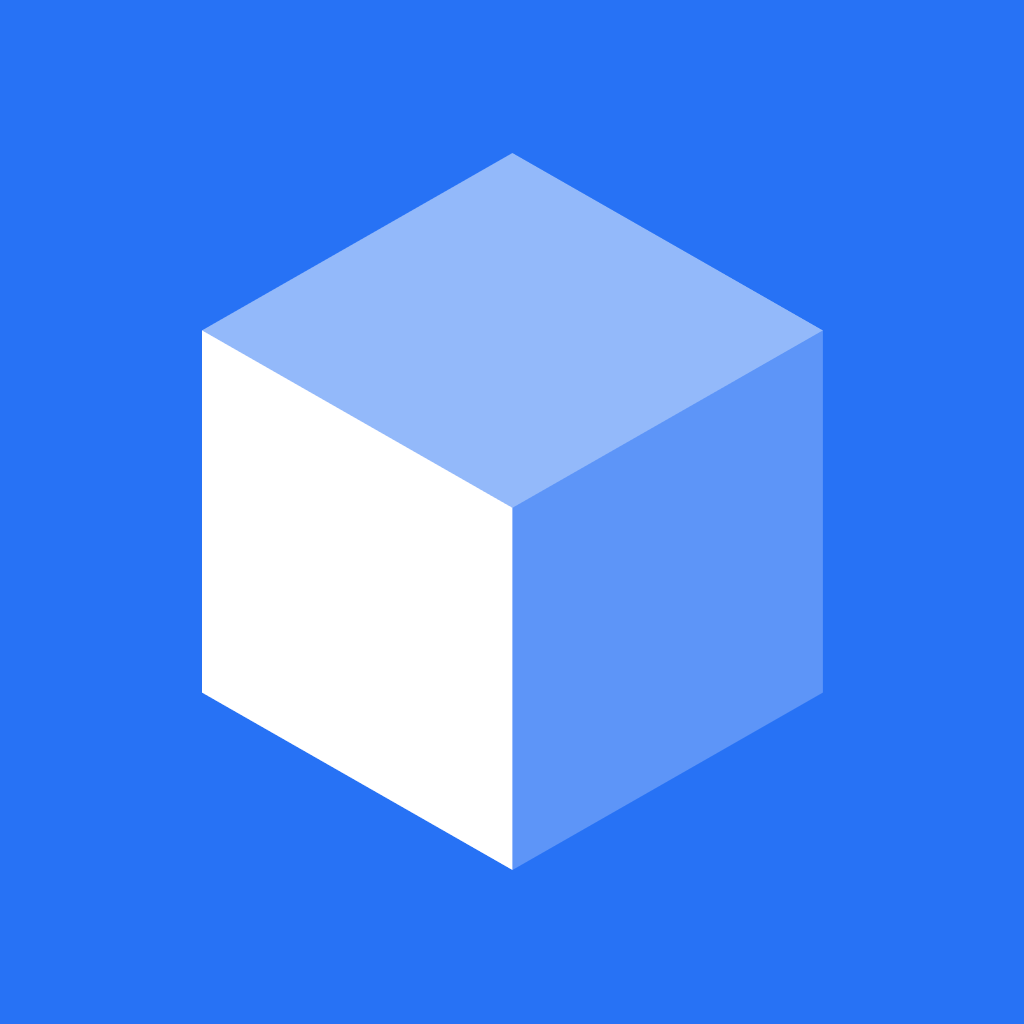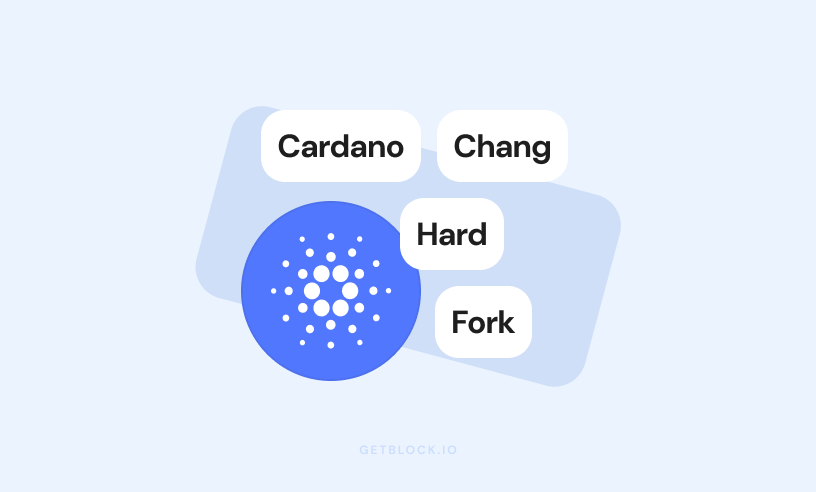Cardano’s Chang Hard Fork: What You Need to Know
 Polly Roberts
Polly Roberts
Cardano officially kicked off a major upgrade with the Chang hard fork on September 1, 2024. This marks the beginning of the network’s transition to full community governance in the Voltaire era.
Here’s a quick breakdown of the changes, what they mean for ADA holders, Cardano developers, and node operators, and how to prepare for what’s coming next.
Key Points
The Chang hard fork sets the stage for Cardano’s community-driven governance.
The upgrade not only introduces a shift in governance but also delivers key technical improvements that will impact developers building on the Cardano ecosystem.
The Chang upgrade is split into two phases (Chang #1 and Chang #2), with the full activation happening after the second phase, around December 2024
After Chang, ADA holders will have full control over the network’s future direction
What Does Chang Hard Fork Mean for Cardano?
The Chang hard fork is a major upgrade to the Cardano blockchain, launched on September 1, 2024.
Unlike earlier hard forks focused on areas like scalability (Vasil) or smart contracts functionality (Alonzo), its primary goal is to shift control of the network’s governance from a few centralized entities to the broader Cardano community. This change allows ADA holders to vote on key decisions, like network upgrades and treasury management.
In addition to governance changes, the Chang hard fork also includes technical improvements. These upgrades help developers create better smart contracts and increase the network’s interoperability with other blockchains like Ethereum.
The fork is named after and honors Phil Chang, a key figure in Cardano’s governance design, a part of the larger Voltaire era, which aims for full decentralization of the ecosystem.
Technical Upgrades
The fork includes performance upgrades to Cardano’s smart contract platform Plutus, allowing better interoperability with other networks. It also improves the efficiency and speed of dApp development.
What’s new in Plutus V3:
Keccak-256: Opens the door to cross-chain interoperability between Cardano and Ethereum-based projects;
BLS12–381: Makes Cardano more suitable for privacy-focused applications, zero-knowledge proofs, sidechains, and rollups;
Blake2b-224: Enhances security and enables more optimized smart contract execution;
Sums of Products (SOPs): Introduces a cheaper and smaller way to encode data types for more compact resource-efficient dApps, further lowering execution costs;
Bitwise Primitives: Allows low-level data manipulation, including converting integers to byte strings for Plutus scripts to work with arbitrary data types in a more flexible way.
These new cryptographic primitives and improvements to Plutus allow for more efficient execution of smart contracts, reducing script sizes and execution costs by up to 30% while also making cross-chain dApps more viable.
Governance Overhaul
The Chang hard fork activates governance features from CIP-1694, laying the foundation for decentralized decision-making. The Cardano community will now have a larger role in decision-making, divided into three key roles:
Constitutional Committee (CC)
Stake Pool Operators (SPOs)
Delegate Representatives (DReps)
Post-fork, ADA holders and developers will be able to submit their own governance proposals, which the community can vote on. This opens the door for more user and developer-focused improvements to the network.
How to Prepare for Chang Phase 2: Steps for ADA Holders and Developers
Once the final phase (Chang #2, expected by the end of the year) is complete, the community will control all major governance decisions, including treasury allocations and protocol upgrades. No special action is required from ADA holders, but to participate in governance, they can register as DReps via a compatible wallet or delegate their voting power to others.
ADA Wallets with Governance Feature Support. Source: Intersect
Developers should ensure that their tools and infrastructure are compatible with the latest versions:
Cardano Node v9.1.0 and v9.1.1: New node versions with fill support of post-fork features;
Developer tooling, libraries, and frameworks updated for compatibility with the new Plutus and cryptographic features.
This means developers running their own nodes need to update to maintain network synchronization and compatibility. With GetBlock, you don’t need to worry about node management, maintenance, or synchronization issues.
GetBlock provides Cardano RPC nodes that are always updated to the latest versions, ensuring that you can continue building and deploying decentralized applications seamlessly. Take advantage of the free trial to experience hassle-free development on Cardano and more than 50 other blockchain protocols. Sign up today and focus on building, while GetBlock takes care of the infrastructure.
Subscribe to my newsletter
Read articles from Polly Roberts directly inside your inbox. Subscribe to the newsletter, and don't miss out.
Written by
